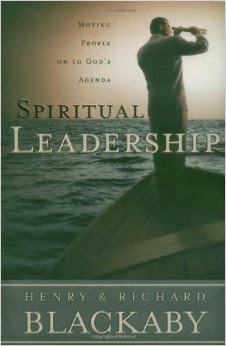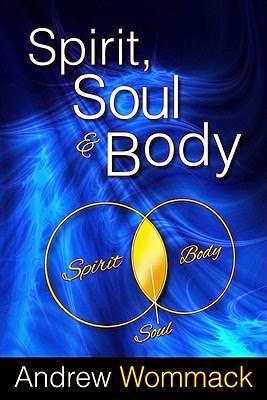Last Friday night at my cell group meeting, we celebrated the 22nd wedding anniversary of a dear couple by putting them on a hot seat for the young adults to glean life lessons from on a marriage with a combined total of 44 years of marriage experience and three children later. I have often said to young people that wisdom is about asking the right questions. Our education system, and even the way our church celebrations or services are structured, they are often more than not monologues. Jesus' style of discipling was usually done by sitting around in a circle, facing one another and mutually asking good and provoking questions. You see that often in their dialogues found in the Gospels, whether in a room, in the field, in their journeys, or literally any and everywhere. Sometimes Jesus would answer their questions with another question.
Google has introduced a whole new culture of information overload. The wisdom of google is not in the answers that can be found there. There are tons and tons of answers and information. It is in asking the right question that Google is at its best. Let me qualify by saying too that the answers may not necessarily be correct or truthful. A great amount of discernment and wisdom is needed to filter them correctly
Google has introduced a whole new culture of information overload. The wisdom of google is not in the answers that can be found there. There are tons and tons of answers and information. It is in asking the right question that Google is at its best. Let me qualify by saying too that the answers may not necessarily be correct or truthful. A great amount of discernment and wisdom is needed to filter them correctly
Good questions were asked of this couple. How do you know you are right for one another? Is it about compatibility? Is it about communications? What roles do parents play for their children in matters of a life partner? How do you maintain the sizzle or passion in your marriage? How do you keep going with all the challenges? How does having children alter your relationship?
One thing this couple can attest to is the importance of pre-marital counselling which is vital to prepare the couple for what's ahead. I have realized too that generally speaking there is no such thing as a compatible couple. The moment you think you are, you will be in for a big surprise because living together in the same house is a whole new ball game altogether with both coming from completely different family background and culture. Before marriage, when they have a disagreement, they can go home and not see each other for a while until things cool down. When they are married, they do not have such a luxury. There is no "going home" because they are at home. They sleep on the same bed in tension. They just need to work things out eventually and conflict resolution is an important skill of learning to listen, negotiate and compromise. I would call that the skill of adapting. Therefore the issue is not about compatibility, but adaptability. Learning to adapt is a posture of love. It is not about what we can get out of a relationship only, but how we can give to it. In fact, "agape" love is unconditional. Meaning, we love not because of, but in spite of. That's the vow couples made to one another at the wedding altar.
For better for worse,
For richer for poorer,
In sickness and in health,
To love and to cherish,
Till death do us part,
And hereto I pledge you my faith.
Hence marriage is laboratory of relationship of learning how to love unconditionally. Only when love is worked out this way can we find deep fulfilling relationship knowing that we are genuinely loved. How often people get into marriage to get, and when they cannot find what they are looking for, they opt out. Where can we learn how love to love like this? We can only learn that from Someone who had loved like this.
You see, at just the right time, when we were still powerless, Christ died for the ungodly. Very rarely will anyone die for a righteous man, though for a good man someone might possibly dare to die. But God demonstrates his own love for us in this: While we were still sinners, Christ died for us. (Romans 5:6-8)
One last tip I gave was to observe the person how he (or she) treats people above him, next to him and below him. Watch how he respects authority, whether it is to his parents, bosses, pastors or leaders. Watch how he treats his friends, colleagues and cell group members. Then most importantly, watch how he treats people "below" him, his subordinates, the underprivileged, disabled, or poor, and most interestingly, watch how he treats children. It will give you a clue what kind of person you will be living with and the culture of relationship with whom you will forge together for your family.
So, no, there is no perfect husband or wife out there. If you find one, don’t marry that person because you will make him or her imperfect! Worse still, you will be terribly disappointed and disillusioned over a broken dream because there is no such perfection. Happy “hunting!”
So, no, there is no perfect husband or wife out there. If you find one, don’t marry that person because you will make him or her imperfect! Worse still, you will be terribly disappointed and disillusioned over a broken dream because there is no such perfection. Happy “hunting!”




























